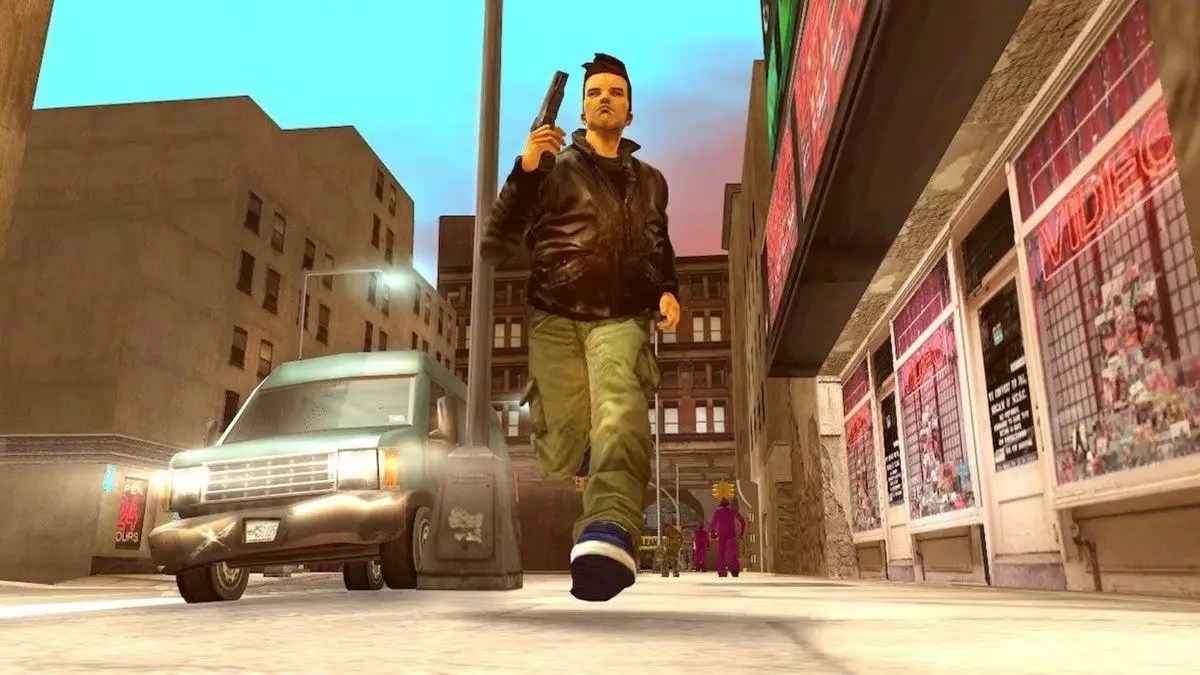In the early 2000s, the gaming industry faced a seismic shift with the entry of Microsoft’s Xbox, threatening the dominance of established players like Sony. As the console wars heated up, strategic partnerships became paramount. One pivotal decision was Sony’s exclusivity agreement with Take-Two Interactive for the Grand Theft Auto series, which would encompass three installments: Grand Theft Auto III, Vice City, and San Andreas. This application of exclusivity was not merely a marketing tactic but rather a calculated move to secure Sony’s position in an increasingly competitive landscape.
Chris Deering, the former president of Sony Computer Entertainment Europe, revealed the mindset within the company during those uncertain years. The looming presence of Xbox led Sony executives to take proactive measures by engaging third-party developers at a critical juncture. Deering mentioned, “We were worried when we saw Xbox coming,” indicating the anxiety that Microsoft’s entry instilled in Sony’s ranks. This concern prompted the company to approach developers strategically, presenting them with exclusive deals to maintain a competitive edge. The discussions that transpired around that time were steeped in urgency, reflective of a company keenly aware of the stakes involved in securing high-profile content.
What stood out during the negotiation process regarding GTA was the uncertainty surrounding the potential of Grand Theft Auto III. Initially a top-down perspective game, its transformation into a 3D environment brought with it unprecedented possibilities. Deering candidly shared the sentiment within Sony, stating, “At the time, it wasn’t clear that Grand Theft Auto 3 was going to be as huge as it was.” This hindsight underscores a fascinating element of the gaming industry: the unpredictability of success. Although the decision to secure GTA was fortuitous for Sony, it was equally beneficial for Take-Two, which enjoyed reduced royalty rates as part of the arrangement.
The exclusivity agreements that Sony forged not only bolstered the PlayStation 2’s position but also shaped the gaming landscape as we know it today. The critical acclaim and commercial successes of Grand Theft Auto III, Vice City, and San Andreas catapulted the franchise into a cultural phenomenon, setting new benchmarks in storytelling, gameplay, and world-building. The impact of these titles extended beyond pure sales; they fundamentally altered consumer expectations and paved the way for future open-world games.
At a time when gaming was evolving, the bold moves made by Sony reflect an industry in flux. The implications of these decisions resonate even years later, bearing witness to a time when strategic partnerships defined market dynamics and consumer engagement. In the end, while the outcome was fortunate for Sony, it was a calculated risk that highlighted the intricate dance of competition in the gaming world. The narrative emphasizes not only the importance of foresight in business decisions but also the unpredictable nature of creativity and innovation in entertainment.


Leave a Reply